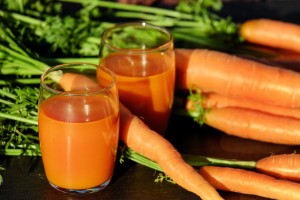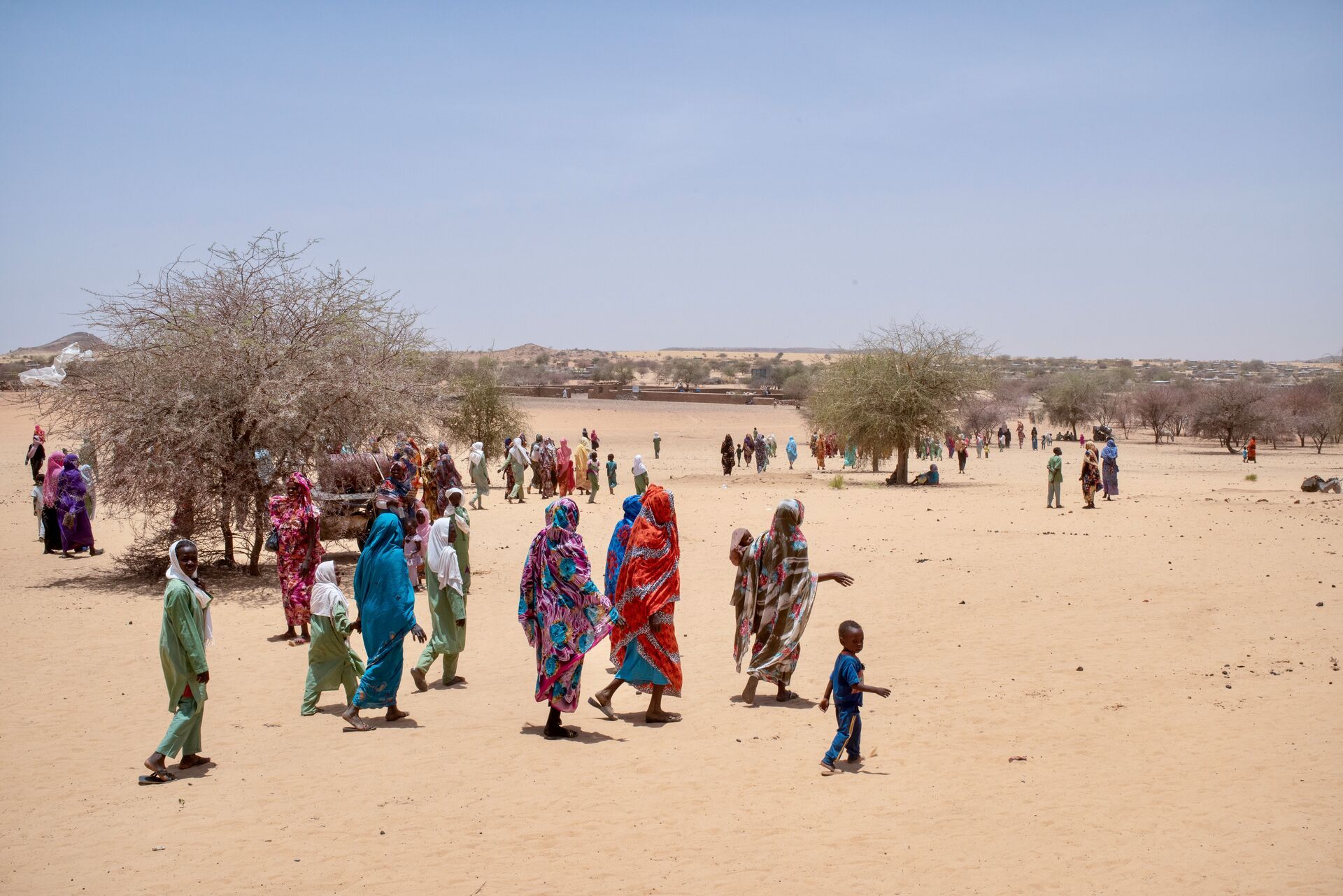
Rome: Climate change will compromise the ability to produce sufficient amounts of nutritious foods, and will also increase poverty and deepen inequalities, Dr. QU Dongyu, Food and Agriculture Organization’s Director-General, today warned.
Addressing the G20 Leaders’ Summit, Dr. QU stressed the urgency to transform agri-food systems to be more efficient, more inclusive, more resilient and more sustainable, and pointed out that only nine agricultural seasons were remaining to achieve the 2030 Agenda and its Sustainable Development Goals.
With the objective of the SDGs mitigating and adapting to the impacts of the climate crisis, he called upon the leaders to commit to ambitious action on climate and agri-environment: “the 4Rs (reduce, reuse, recycle and replace) and the rules of mathematics (minus, plus, divide and multiple) are our basic guidance.”
Rural development must be at the top of national development priorities, he told the G20 leaders, and called for transforming agri-food systems with sci-tech and methodology which, he claimed, could provide “ultimate solutions!”
He urged the G20 leaders to ensure countries receive the required financial support to address the climate crisis and implement their sustainability pathways. “Politicians need to take stronger leadership, People need to take the ownership and all society must work in coherent partnership based on science and innovation,” he said.
Asserting that the urgency for climate action is stronger than ever, he said, “Policymakers must feed the world and save the planet at the same time. We need to produce more (quantity, food diversity with higher quality) with less (inputs of resources, impacts on the environment)!”
The climate crisis, ecosystem degradation and biodiversity loss are threatening agri-food systems globally, he said and referred to related weather extremes, conflicts and other humanitarian emergencies, and the pandemic, as major drivers of food insecurity and poverty.
Referring to FAO’s new Strategic Framework, he said green and climate resilient agriculture was its integral part. “The new Strategic Framework builds on scientific evidence to ensure that agri-food systems are contributors to lower greenhouse gas emissions, while increasing socio-economic and environmental benefits,” he claimed.
Agri-food systems with a decisive role for the “5 Fs”: Food, Feed, Fiber, Fuel and Friendly Environment are crucial to improve people’slivelihoods, especially of farmers, and for gender and youth empowerment. QU said FAO has been promoting the sustainable use of land, water, soil and marine resources for food security and health wellbeing, and for maintaining harmony with nature. “FAO’s new Strategic Framework supports Members on the transformation of agri-food systems for Better production, Better nutrition, a Better environment and a Better life for all, leaving no one behind,” he claimed.
– global bihari bureau





